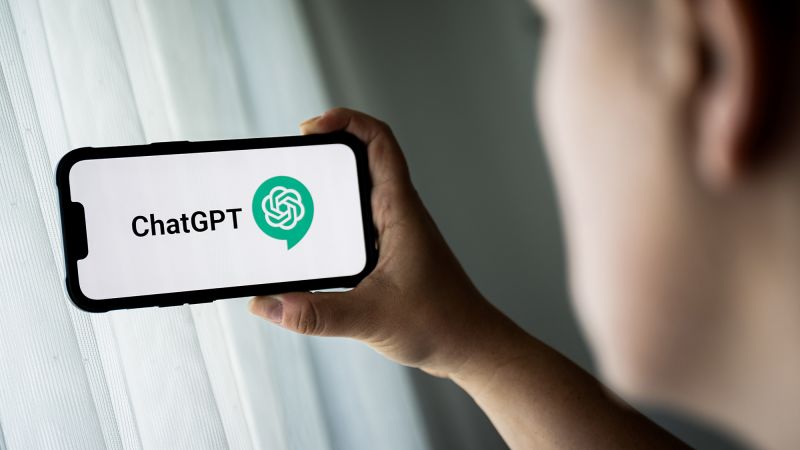OpenAI will roll out a December 2025 update that lets verified adult users opt in to generate erotic and other mature content via ChatGPT. The change emphasizes age verification, privacy preserving verification, parental controls, and strengthened content moderation AI, raising regulatory and data protection concerns.

OpenAI announced on October 15, 2025 that a December update to ChatGPT will introduce an opt in mode allowing verified adult users to generate erotic and other mature content. The update is positioned to give adults more autonomy while preserving protections for minors through age verification, parental controls, and strengthened safety measures.
Content moderation for large language models has long prioritized broad safety, often limiting material that consenting adults seek. This update responds to user demand for more customizable, adult oriented experiences and to market competition from rivals that already offer adult modes. It also raises practical questions about verification, privacy and enforcement at scale.
In SEO and policy terms this story touches several high intent topics: AI regulations 2025, online safety, data protection regulations, age verification, and platform accountability. Using clear, authoritative language and citing E E A T signals will be important for outlets covering the rollout.
This change has implications across privacy, compliance and product strategy.
Companies exploring adult modes should consider these practical steps:
Policymakers should define standards for age verification, data minimization and transparency reporting for AI services that offer adult content.
OpenAI’s plan to let verified adults generate erotic content via ChatGPT is a test case in balancing adult choice, privacy and safety. If implemented carefully, it could model nuanced content governance where adults regain autonomy and minors remain protected. If handled poorly, it risks regulatory pushback and privacy harms. Observers should watch the December rollout closely and treat verification safeguards as both engineering and policy priorities.
What does verified adult mean? It refers to users who complete an age verification process to demonstrate they are legally adults, often using digital identity verification or third party attestation.
Will this affect kids online? OpenAI emphasizes parental controls and verification to prevent minor access, but effectiveness depends on verification methods and enforcement at scale.
What are the main risks? Key risks include data protection concerns, spoofed verification, moderation failures and possible regulatory action. Privacy preserving verification and transparent reporting can reduce some of those risks.



